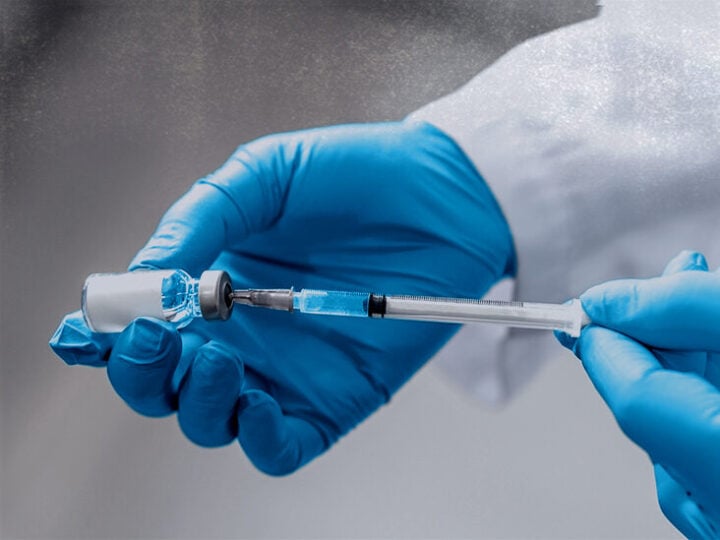The World Health Organisation (WHO) says there is a global disparity in access to essential vaccines.
In the latest global market report released on Wednesday, low-income countries were said to “consistently struggle” to access essential inoculations in demand by wealthier countries.
The report cited limited supply and unequal vaccine distribution as reasons for the constant struggle.
Data from the World Bank shows that Nigeria is a low-middle-income country with a poverty headcount of $2.15 a day.
Advertisement
An analysis by the UN Development Programme (UNDP) earlier in March had shown that only a tiny proportion of COVID vaccines had been administered in developing countries, including Nigeria, leading to a widening gap between the rich and the poor.
In the global market report, the WHO said the world is not fully at thr scale of effective supply and access to essential vaccines – with some regions depending almost entirely on others for vaccine supply.
“The right to health includes the right to vaccines”, Tedros Ghebreyesus, WHO director-general, said.
Advertisement
He added that the report “shows that free-market dynamics are depriving some of the world’s poorest and most vulnerable people of that right”.
Although manufacturing capacity worldwide has increased, according to the report, it remains highly concentrated.
“Ten manufacturers alone provide 70 percent of vaccine doses, excluding those for COVID-19,” the report reads.
“Several of the top 20 most widely used vaccines, such as the pneumococcal conjugate vaccine (PCV), and human papillomavirus (HPV), measles and rubella containing vaccines, each currently rely mostly on two suppliers.”
Advertisement
The report also cited affordability as an obstacle to vaccine access.
While prices tend to be tiered by income, price disparities see middle-income countries paying as much, or even more, than wealthier ones for several vaccine products.
“WHO is calling on governments, manufacturers and partners to take ambitious action to guarantee equitable access to vaccines and improve responses to future pandemics,” the report reads.
Advertisement
Add a comment






